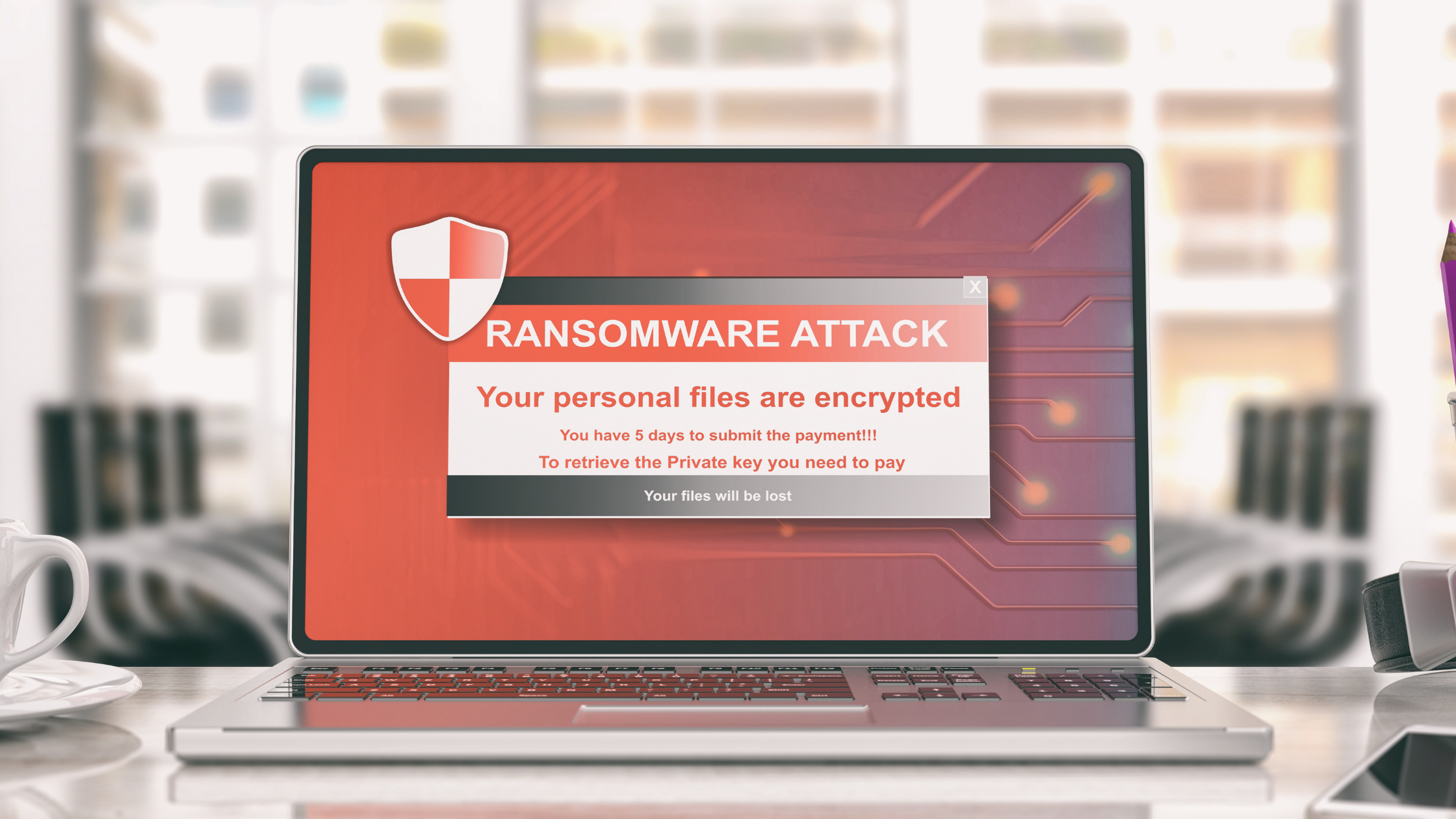What You Should Know About Ransomware and Your Business

Before we can embark on what you should know about the most popular cyber threat since the 70's, we need to understand this questions: What is ransomware?
Ransomware is a type of malware in which cybercriminal can hold important information hostage from a company's network, until a ransom of money or cryptocurrency is given in exchange for the data.
The information can include third-party interactions, customer's information, and sensitive financial exchanges.
While there is an overarching belief that data isn’t really “stolen” in a ransomware breach, no organization hit with ransomware has been able to back this up as fact. That’s why compliance regulations such as HIPAA, GDPR and CCPA, among others, mandate businesses to notify their clients if their data is in jeopardy.
In this blog, we’ll break down what you need to know about ransomware and why your business needs to adopt an inclusive approach that combines the best of cybersecurity and compliance.
Ransomware Can Happen to Any Size Business
An increasing number of small businesses seem to think that they are invincible compared to larger corporations. However, a report from the National Cyber Security Alliance indicated that 20% of small companies will be victims of cyber attacks. Of those attacked, 60% will go out of business.
Businesses also assume that only during sophisticated attacks do hackers possess the necessary skills to encrypt, exfiltrate and misuse data. Only in such cases do businesses accept that a breach has occurred and is hence, reportable.
This assumption of hacker's sophistication is dangerous for two reasons.
First, with enhanced ransomware-as-a-service tools readily available in the market, even a hacker with minimal skills can catch you off guard and wreak havoc.
Second, regulatory agencies perceive the situation differently.
For example, as per HIPAA’s Privacy Rule, the U.S. Department of Health and Human Services has advised companies to assume that ransomed data contains Personal Health Information or even Personal Identifiable Information in “low probability” cases. In fact, some state data breach notification regulations mandate businesses to notify customers even in the case of “unauthorized access,” without the need to prove that personal data was stolen.
Remember, it's not about IF you get hacked, it's about WHEN and HOW BAD!
For more information on Virginia's data breach notification regulation, click here.
Why Most Businesses Illegally Avoid Reporting an Attack
The main reason why businesses abstain from reporting a ransomware breach, is because of the reputational impacts on the business. In fact, 78% of people stop engaging with a brand online following a data breach. Do you blame them?
While your business could still recover from the financial damage caused by ransomware-induced downtime, rebuilding its reputation and regaining the trust of your customers is a long, tedious and more often than not, futile process.
Another reason why most businesses lack the ability to adhere to breach notification norms set by several regulations worldwide is because they do not take the proper precautions to understand the regulations (we get it- legalese isn't our first language either).
Nevertheless, even if a business avoids reporting a ransomware attack, failing to notify its customers, employees, or clients on time will still invite stringent action from regulators, aka lawsuits.
GDPR - the European Union’s data privacy and protection regulation – has set a 72-hour deadline to report the nature of a breach and the approximate number of data subjects affected. From the moment a business’ IT team establishes, with a level of certainty, that a breach has occurred, the clock starts clicking.
Is your business capable of adhering to such norms? CTS can help! Click here to request more information on how our services can protect your data and how we implement a disaster recovery plan for your team.
Get Ahead and Stay Ahead
While there isn’t a 100% fail-safe strategy to avoid cybersecurity attacks such as ransomware, your business can certainly demonstrate its commitment to preventing security breaches or data loss incidents. This is exactly what compliance regulators as well as your key stakeholders look for - how proactively your business can mitigate risk and handle the aftermath of a breach while also adhering to applicable regulations.
Adopting an inclusive approach that involves the best of cybersecurity and compliance is a step in the right direction. Partnering with an experienced MSP that has a track record of protecting businesses from sophisticated cybersecurity threats and non-compliance risks will greatly benefit your business.
Schedule a discussion with Central Technology Solutions today and let our team help you proactively meet all your cybersecurity and compliance needs.

